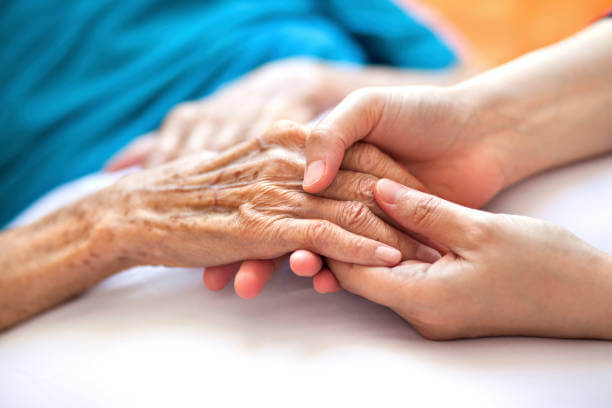Senior caregivers provide assistance with what is typically called “activities of daily living”, or ADL’s.
What are ADL’s? Anything you need to do to get through the day, such as eating, bathing, toileting and maintaining your household. Depending on your health conditions, you may need to adjust your daily activities to comply with medications and prescribed physical exercises. Caregivers help keep the day on track.
Along with assistance with physical care needs, senior caregivers provide emotional support. Aging presents many challenges and because of this, many times depression comes along with the territory. When someone does not feel well, has to adjust their daily activities because of changing health conditions and is regularly experiencing the death of loved ones and friends, it is expected that sometimes they will not have a positive attitude or be in a good mood.
Senior caregivers working for professional senior care companies receive training on how to interact with seniors who are experiencing emotional ups and downs. Certified Nursing Aides receive training as part of the certification program in how to interact with both seniors and their families appropriately in order to successfully assist with care needs.
Seniors who are terminal and decide to receive the assistance of hospice care also receive counseling in dealing with the acceptance of their terminal situation. Hospice also will provide counseling to family members.
Caregiving can take a toll on caregivers emotionally, as well as physically, and it is important for caregivers to talk with their managers about any issues and find away to share their story and manage the stress of caregiving.
The New York Times reported this week that a recent study published by a cancer journal indicates that medical doctors also prefer to avoid end-of-life talks – – – so the good news is that even doctors are challenged by the emotional aspects of caregiving.
Remember, talking about things always help, whatever your line of work. Professional senior home care agencies are valuable to caregivers as they provide an outlet for the caregivers to vent and provide support in addressing the issues that arise. Successful professional caregivers keep learning about the senior’s medical conditions to better understand what the senior is feeling and keep taking time to “care for the caregiver”.







